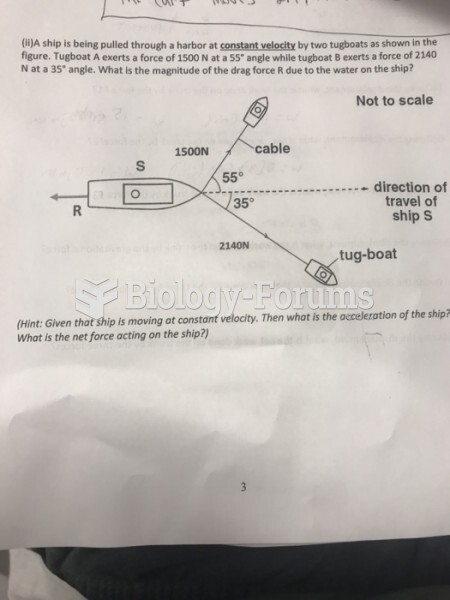|
|
|
There are 20 feet of blood vessels in each square inch of human skin.
Critical care patients are twice as likely to receive the wrong medication. Of these errors, 20% are life-threatening, and 42% require additional life-sustaining treatments.
The highest suicide rate in the United States is among people ages 65 years and older. Almost 15% of people in this age group commit suicide every year.
Cocaine was isolated in 1860 and first used as a local anesthetic in 1884. Its first clinical use was by Sigmund Freud to wean a patient from morphine addiction. The fictional character Sherlock Holmes was supposed to be addicted to cocaine by injection.
The average older adult in the United States takes five prescription drugs per day. Half of these drugs contain a sedative. Alcohol should therefore be avoided by most senior citizens because of the dangerous interactions between alcohol and sedatives.
 A Mediterranean woodland in California shown during the cool moist season, when the herbaceous veget
A Mediterranean woodland in California shown during the cool moist season, when the herbaceous veget
 Running time on 100-meter sprint for men and women master athletes increases with age. Source: Korho
Running time on 100-meter sprint for men and women master athletes increases with age. Source: Korho
 This depiction breaks stereotypes, but is historically accurate. Shown here is an Iroquois fort. Can ...
This depiction breaks stereotypes, but is historically accurate. Shown here is an Iroquois fort. Can ...
 A schematic of a typical glow plug circuit. Notice that the relay for the glow plug and intake air ...
A schematic of a typical glow plug circuit. Notice that the relay for the glow plug and intake air ...



